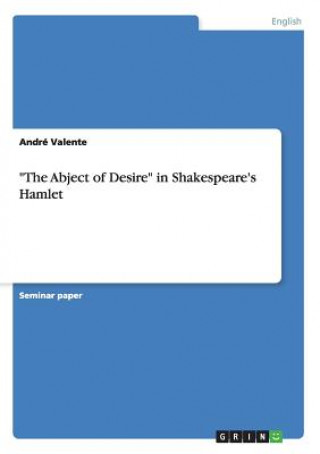
Kod: 05280213
Abject of Desire in Shakespeare's Hamlet
Autor André Valente
Seminar paper from the year 2010 in the subject English Language and Literature Studies - Literature, grade: 1,0, University of Cologne, course: Hauptseminar: Gothic Renaissance, language: English, abstract: Nor dread nor hope att ... więcej
- Język:
 Angielski
Angielski - Oprawa: Miękka
- Liczba stron: 32
Wydawca: Grin Publishing, 2010
- Więcej informacji o książce

39.25 €
Zwykle: 40.02 €
Oszczędzasz 0.77 €

Dostępna u dostawcy
Wysyłamy za 15 - 20 dni
Zobacz książki o podobnej tematyce
-

Die Abenteuer des Odysseus, Schulausgabe
7.94 € -
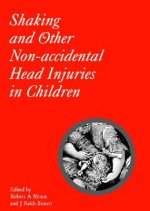
Shaking and Other Non-Accidental Head Injuries in Children
132.18 € -

Intelligent Information Processing and Web Mining
185.84 € -

Not Fade Away
15.59 € -13 % -

By Honor and Right
28.28 € -4 % -
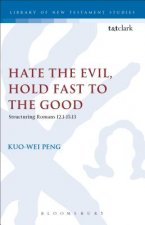
Hate the Evil, Hold Fast to the Good
295.88 € -
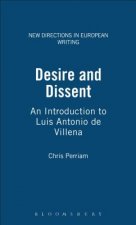
Desire and Dissent
193.79 €
Podaruj tę książkę jeszcze dziś
- Zamów książkę i wybierz "Wyślij jako prezent".
- Natychmiast wyślemy Ci bon podarunkowy, który możesz przekazać adresatowi prezentu.
- Książka zostanie wysłana do adresata, a Ty o nic nie musisz się martwić.
Więcej informacji o Abject of Desire in Shakespeare's Hamlet
Za ten zakup dostaniesz 99 punkty
 Opis
Opis
Seminar paper from the year 2010 in the subject English Language and Literature Studies - Literature, grade: 1,0, University of Cologne, course: Hauptseminar: Gothic Renaissance, language: English, abstract: Nor dread nor hope attendA dying animal;A man awaits his endDreading and hoping all He knows death to the bone Man has created death.(W. B. Yeats, Death )If Yeats is right by saying that man has created death, or rather the idea of death, then it is not surprising that what people thought about death in the past differs from the attitudes we have today and even across different cultures, the feelings concerning death and its representation vary. As Neill states in his study, Renaissance tragic drama is about the discovery of death and the mapping of its meanings and he mentions that Hamlet is a play whose action is obsessively concerned with the exploration of mortality (1997: 1). According to Zimmerman the play creates an unsettling atmosphere of existence on the margins, of half-states in which neither life nor death holds sway (2005: 172). This in betweenness is also something that Julia Kristeva investigates in her influential study The powers of Horror: An Essay on Abjection (1980). She develops the theory of the abject, which is primarily concerned with the state of something that is between subject and object and therefore, arouses a feeling of uncanniness. This paper is concerned with the exploration of these margins and half-states concerning death in Hamlet. The investigation has two main aims. First, it wants to identify occurrences of death in Hamlet, which are marked by ambiguity and uncertainty, i.e. with an abject death according to Julia Kristeva s theory. Second, it tries to answer the questions why a particular appearance of death in the play is abject and whether cultural conventions and the religious development of the Reformation in England at that time influenced the effects and affects evoked with the Elizabethan audience. Shakespeare s plays are works that live as much in their written/printed as in their performative re-productions and that [...] are therefore most fruitfully examined in both forms side by side (Aebischer 2004: 13). Taking this assumption as a preliminary, the analysis in this paper focuses on the text of the play, as well as on practical questions concerning performance and stage conventions in the Elizabethan time.
 Szczegóły książki
Szczegóły książki
Kategoria Książki po angielsku Language Language: reference & general
39.25 €
- Pełny tytuł: Abject of Desire in Shakespeare's Hamlet
- Autor: André Valente
- Język:
 Angielski
Angielski - Oprawa: Miękka
- Liczba stron: 32
- EAN: 9783640731275
- ISBN: 3640731271
- ID: 05280213
- Wydawca: Grin Publishing
- Waga: 54 g
- Wymiary: 210 × 148 × 2 mm
- Data wydania: 02. December 2010
Ulubione w innej kategorii
-

Save the Cat! Writes a Novel
13.38 € -24 % -

Japanese Stories for Language Learners
15.70 € -17 % -

Remembering the Kanji 1
43.78 € -
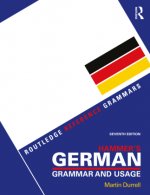
Hammer's German Grammar and Usage
50.53 € -

Egy Szo Mint Szaz: Magyar-Angol Tematikus Szokincstar / Hungarian-English Vocabulary by Topic
46.10 € -
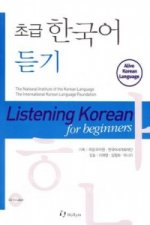
Listening Korean For Beginners (with Cd)
29.19 € -4 % -

Intermediate Japanese Textbook
24.86 € -18 % -
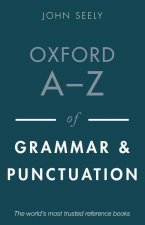
Oxford A-Z of Grammar and Punctuation
9.76 € -28 % -
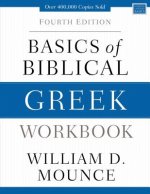
Basics of Biblical Greek Workbook
18.21 € -28 % -
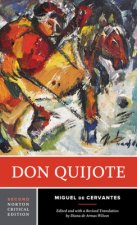
Don Quijote
23.55 € -1 % -
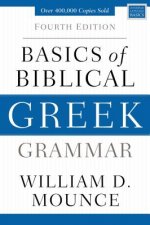
Basics of Biblical Greek Grammar
42.68 € -28 % -

Korean Phrase Book For Travelers
12.88 € -15 % -

German Grammar in Context
64.42 € -

MI6 Spy Skills for Civilians
12.37 € -27 % -
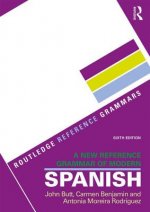
New Reference Grammar of Modern Spanish
48.42 € -11 % -

Colloquial Icelandic
82.24 € -

Merriam-Webster s Advanced Learner's English Dictionary
31.30 € -3 % -

Mandarin Chinese for Beginners
15.70 € -21 % -
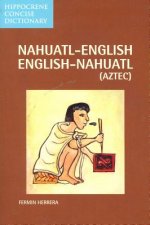
Nahuatl-English/English-Nahuatl Concise Dictionary
11.97 € -25 % -

Salamaat! Learning Arabic with Ease
25.56 € -16 % -

Basics of Biblical Hebrew Grammar
45.39 € -24 % -

Merriam-Webster Dictionary
12.47 € -26 % -
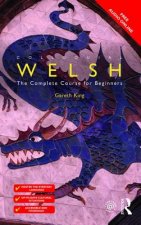
Colloquial Welsh
61.81 € -9 % -

Writing Korean For Beginners
32.81 € -4 % -

English Vocabulary Builder Workbook (200 Lessons)
18.82 € -2 % -

Routledge Introductory Course in Modern Hebrew
56.67 € -

Testuj Swoj Polski - Slownictwo 1 Plus
14.59 € -

Easy Learning English Idioms
8.95 € -22 % -

Speaking Korean For Beginners (with Cd)
22.84 € -14 % -

V Puti
48.42 € -13 % -
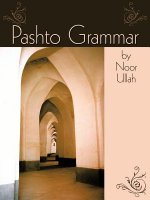
Pashto Grammar
17.10 € -
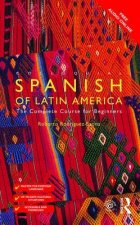
Colloquial Spanish of Latin America
65.43 € -6 % -
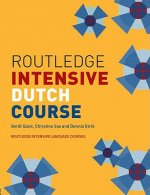
Routledge Intensive Dutch Course
69.56 € -

Bildwörterbuch Deutsch - Ungarisch / Képes szótár német - magyar
18.62 € -
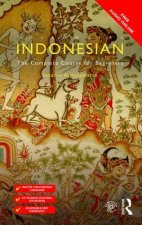
Colloquial Indonesian
71.57 € -10 % -

Einführung in die deutsche Sprachgeschichte
27.07 € -
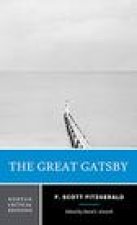
Great Gatsby
15.80 € -

How Languages Work
67.85 € -

Hallo, Itt Magyarorszag! (Hungarian for Foreigners). by Direct Method
39.76 € -11 % -

VITAL VOICES 100 WOMEN USING THEIR POWER
71.27 € -
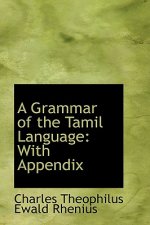
Grammar of the Tamil Language with Appendix
23.15 € -22 % -

Colloquial Breton
111.94 € -

Czech
46.80 € -9 % -

Gnostic Devil in Bulgakov's 'Master and Margerita'
14.59 € -9 % -
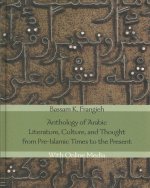
Anthology of Arabic Literature, Culture, and Thought from Pre-Islamic Times to the Present
66.24 € -17 % -

Frequency Dictionary of German
46.60 € -4 % -
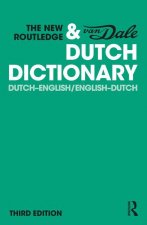
New Routledge & Van Dale Dutch Dictionary
69.15 € -4 % -
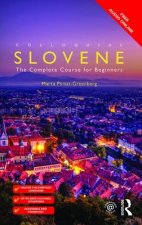
Colloquial Slovene
90.30 € -13 % -

Merriam-Webster's Intermediate Visual Dictionary
16.90 € -18 %
Osobní odběr Bratislava a 2642 dalších
Copyright ©2008-24 najlacnejsie-knihy.sk Wszelkie prawa zastrzeżonePrywatnieCookies


 Vrácení do měsíce
Vrácení do měsíce Zdarma od 49.99 €
Zdarma od 49.99 € 02/210 210 99 (8-15.30h)
02/210 210 99 (8-15.30h)